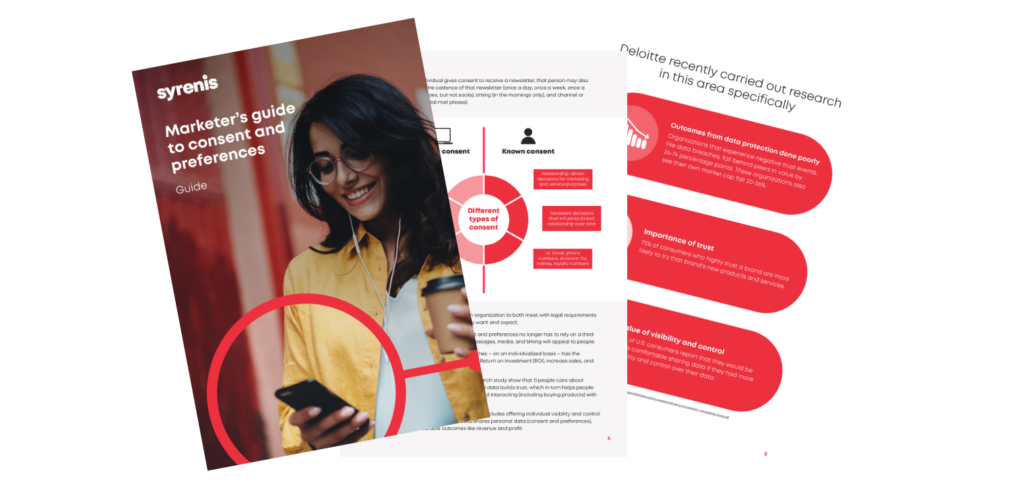Back when the internet was going mainstream, a 2001 Hewlett-Packard report revealed a curious trend termed the “privacy paradox”. While expressing concern about “the risks that they took when shopping online”, people also seemed “happy to use store loyalty cards for only minimal gain.”
Over two decades later, the average person makes an estimated 4,909 digital interactions per day, each of which leaves some sort of digital footprint. Businesses use this data in an attempt to target their products and services at the right people.
But it’s increasingly clear that “more data” doesn’t always mean “better targeting”.
And as in 2001, there’s still a tension between consumers’ willingness to participate in the digital marketplace and their hesitance to share too much personal data.
Generative AI allows more personalized, better-targeted ads that could lead to higher conversion rates. And the benefits will go to businesses that can leverage this technology in a way that respects people’s privacy and produces high-quality results.
The personalization engine
AI can deliver huge value to marketing teams:
- AI can enable proactive marketing strategies by inferring purchase intent, churn risk, and lifetime value from large datasets.
- AI algorithms can automatically adjust ad spend across channels to maximize ROI in programmatic advertising.
- AI can rapidly A/B test numerous campaign variables (headlines, images, CTAs) and identify top performers much faster.
Essentially, a business can improve its marketing by learning more about its customers and gradually refining its top-performing ads.
All of these use cases require a powerful AI model that can spot trends and make accurate inferences. But they also require large amounts of data—and collecting and using that data comes with risks attached.
Privacy guardrails
As tech companies continue to “move fast and break things”, regulators and legislators are catching up.
As of early 2025, around 167 countries and territories worldwide have adopted comprehensive data protection or privacy laws or regulations.
Over 20 US states now have comprehensive privacy laws governing targeted advertising, and the EU continues to introduce new regulations restricting how businesses use personal data online.
So while the amount and value of personal data online is growing, the rules around how businesses use that data are getting tougher. Privacy-related litigation is also on the rise as consumers (and law firms) become more confident in asserting their digital rights.
The privacy advantage
Data protection and privacy laws require organizations to minimize the amount of personal data they collect, ensure the data is accurate, and (in many contexts) get consent from users.
Companies complying with these privacy principles can gain an advantage when using AI, because AI’s usefulness depends on good quality, accurate data.
By collecting only the data points necessary for an AI model’s purpose, you eliminate irrelevant or “noisy” data. This noise can confuse AI models, lead to spurious correlations, and degrade predictive accuracy.
Smaller, focused datasets are easier to maintain, validate, and keep up-to-date. Fewer data points mean fewer opportunities for errors, inconsistencies, or outdated information to creep in.
Acting transparently and obtaining consent also increases trust in your brand. When people trust a company due to its strong privacy practices, a broader and more diverse range of individuals might be willing to share their data.
Personalized messages that are accurate and in line with people’s reasonable expectations are much less likely to be perceived as “creepy” or unsolicited.
So when exploring new ways to enhance your company’s marketing efforts with AI, remember that strong privacy practices can help build quality datasets that get the most out of these tools.


